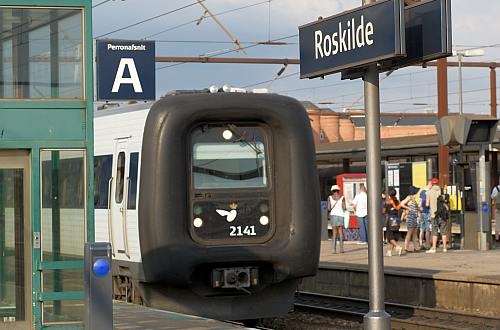Under the agreement, the amount of annual subsidy DSB receives will fall from DKr 4.2bn ($US 599m) this year to DKr 3.9bn in 2024, while at the same time DSB will have to run 10% more services and provide 25% more seats in local and regional trains.
DSB has already done a lot to transform its financial performance. In 2011 DSB made a pre-tax loss of DKr 858m, up from DKr 551m in 2010. This compares with a pre-tax profit of DKr 670m last year. DSB launched its "Healthy DSB" efficiency drive in 2011 and one of the objectives was to reduce the number of employees by around 1000 to reach 7030 by 2014. In the event, DSB exceeded its target as staff numbers fell to 7070.
"We have met the targets we set ourselves," DSB's CFO Mr Thomas Børner told the Danish newspaper Politiken. "In our new strategy, we are planning to continue to streamline by 2-3% a year.
The new contract will also change the definition of when a train is late, by regarding trains that arrive within three minutes of schedule as being on time instead of the previous six minute allowance. However, if DSB fails to fails to meet its overall targets for punctuality and efficiency within the first five years the contract can be cancelled.
"I am pleased that the contents of a new traffic contract between the state and DSB are in place," says DSB's chairman Mr Peter Schütze. "It has been a long and laborious process for all involved. This is an historic transition, where railway electrification, new electric trains, and the future supply of Danish railway operation must all be in place."

